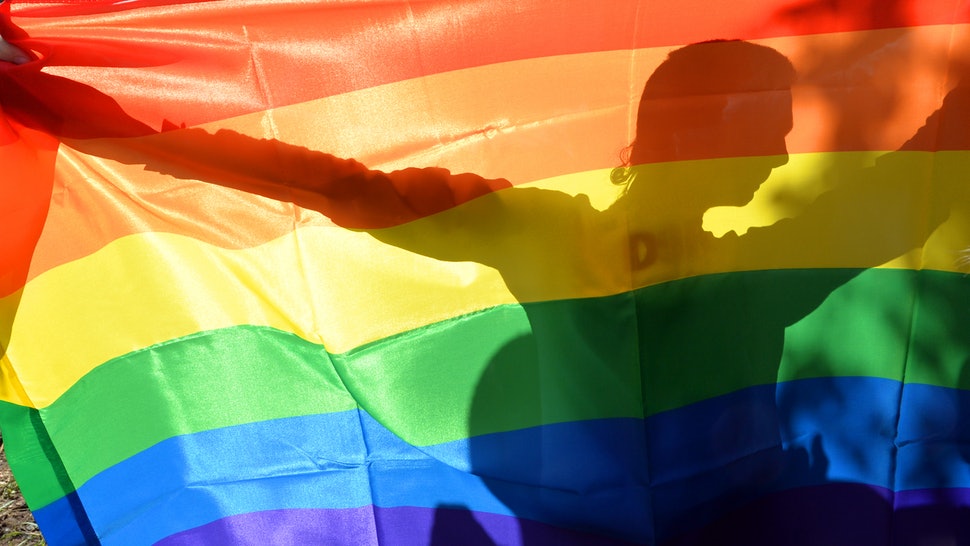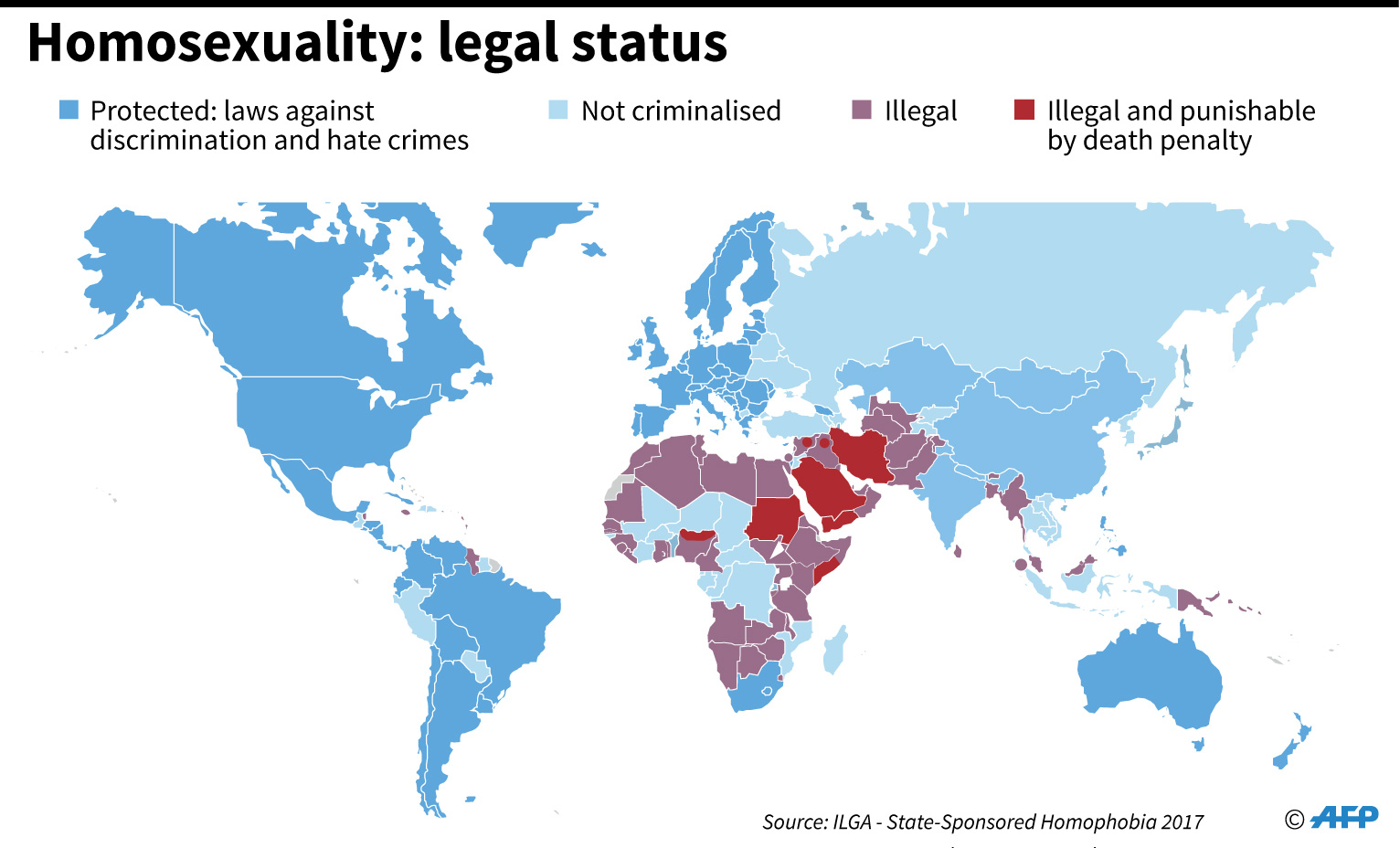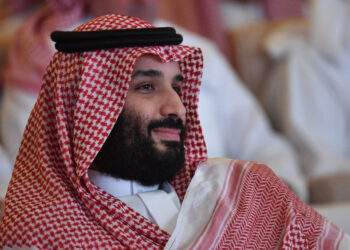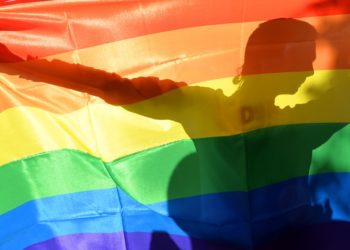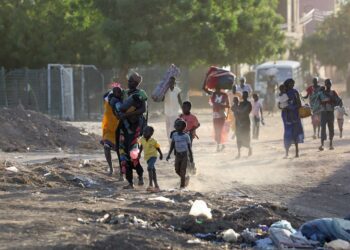The Sultan of Brunei’s recent decree to impose the death penalty by stoning for homosexuality is just the latest warning to sexual minorities worldwide that their rights are in peril. Brunei now shares the dubious distinction of being one of 11 other countries that impose the death penalty simply for being homosexual.
Brunei scores a failing grade on the Franklin and Marshall Global Barometer of Gay Rights (GBGR), a human rights index that ranks countries worldwide from A to F on their protection or persecution of sexual minorities. Like 70 percent of the globe, Brunei occupies the persecuting category on the GBGR, while only 10 percent of the world is protecting. What does this mean? There is still a long road ahead before sexual minorities are no longer treated as second class citizens.
Increasing State Persecution of Sexual Minorities
The dehumanization of sexual minorities is not new. In fact, sexual minorities have historically been the proverbial canaries in the coal mine, their very existence a threat to traditional social norms and power structures. But the recent setbacks in Brunei suggest a renewed vigor in punitive state-sanctioned persecution.
Islamic fundamentalism is on the rise in Southeast Asia, leading to an atmosphere of fear and secrecy for sexual minorities. Being openly gay in the subcontinent can be a death sentence.
The brutal 2016 murder of the founder of Bangladesh’s first and only LGBT magazine by an Al-Qaeda affiliated group illustrates the lack of state protection for sexual minorities. The Aceh province in Indonesia, where sexual minorities are routinely caned in public according to Shariah law, is another egregious example of persecution by the state.
Shift to Right
Although some may attribute this increasing intolerance towards sexual minorities solely to religious extremism, our GBGR data points to a broader global trend as more and more countries shift to the right.
In September 2018, India had barely closed the casebook on Section 377 of the British colonial era Penal Code, when Brazilian President Jair Bolsonaro, the “bully of Brazil” and “a proud homophobe,” was elected president a month later. Up until that moment, the South American country had positioned itself as a champion for LGBT rights in the global South, but now same-sex couples fear the prospect of losing the right to marry, which had only been legal in the country since 2013.
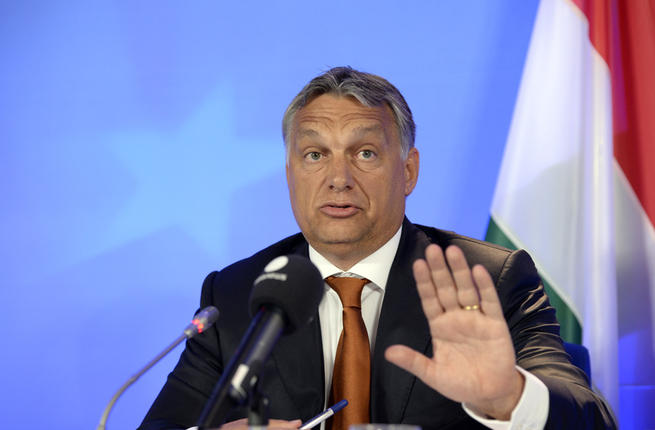
Similarly, Hungary’s shift to intolerance precipitated in Prime Minister Viktor Orban warmly welcoming an anti-LGBT American evangelical Christian group with links to the Kremlin. More recently, he is locking horns with the Council of the European Union over protecting LGBT rights.
Positive Outsiders
In other parts of the world, the pendulum may be swinging in the opposite direction.
In Africa, the Kenyan and Botswanan Supreme Courts are cautiously deliberating on the decriminalization of homosexuality, following in the footsteps of Angola at the beginning of the year.
Taiwan stands as the lone beacon of relative tolerance in Southeast Asia where homosexuality is by and large illegal and sexual minorities occupy a space of invisibility, social derision, and violence. However, even in Taiwan, the legislative push for same-sex marriage has been met with public opposition from conservative elements of society that called for a public referendum to oppose the Taiwanese Constitutional Court’s May 2017 ruling in favor of same-sex marriage.
But even these advances can be fleeting and fragile, as exemplified by the schizophrenic posturing of the Donald J. Trump administration, which calls for the global decriminalization of homosexuality but then just today banned transgender individuals from openly serving in the military.
Culture of Intolerance
As some countries take steps to recognize the human rights and human dignity of their most vulnerable citizens, others look backward to a somber past where LGBT people have been treated as “worse than pigs and dogs.” The climate of global LGBT rights has never been so hopeful or so perilous – or so polarized.
The greatest improvements in LGBT rights have been in Western Europe with the least improvement in the Middle East. South America provides the greatest variation in GBGR scores with Uruguay a leader and neighboring Paraguay a persecutor. Although several structural factors such as religiosity, socio-economic growth, and regime type can shed light on these variations, ultimately, the battleground for LGBT rights is a manifestation of the clash between traditionalism and modernity.
This culture of intolerance cannot be reduced to a dichotomy between the global North and South or developed or developing countries. Rather it is based on a fear of individual freedoms and expressions that can be found in Vladimir Putin’s Russia, in Lancaster, Pennsylvania, in the neo-Nazi enclaves of Germany, or in the luxurious palaces of Brunei.
Protecting LGBT Rights
Countries in the 21st century cannot stand idly by while other countries persecute their sexual minorities. In this bipolar world of some countries celebrating individuality and difference while others appeal to traditionalism, nationalism, and collective identity, the approach to protecting LGBT rights must be multi-layered and global.
The challenge is the backlash from current persecuting countries like Nigeria and Uganda that dismiss pressures from protectors as an unwelcome neocolonial influence. Multilateral leadership must come not just from “protecting” countries and international organizations, but also multinational corporations who can provide another layer of pressure on human rights persecutors.
In addition, the work of frontline human rights defenders like ASTRAEA Lesbian Foundation for Justice, Amnesty International, and Human Rights Watch must be supported.
Malawi: Protect #LGBT People
“You are a gay person and we have to kill you.”
They started throwing stones
“I went to the police station to report about my case and the policemen were like, ‘We don’t help gay people in Malawi.’”https://t.co/tFN0wLaecH pic.twitter.com/eUG3xuWxgt— Human Rights Watch (@hrw) October 28, 2018
Secondly, the role of enlightened political elites should not be underestimated. Courageous leaders are needed who are willing to take risks to protect the most vulnerable of society even when such decisions run counter to popular opinion.
Lastly, global civil society also has a critical role to play in raising awareness across borders. We need the George Clooneys and the Ellen Degeneres’ of the world who have put their social clout on the line to defend the most vulnerable minorities and to use the power of the pulpit to shame persecutors publicly.
The world cannot afford to turn a blind eye toward state-sponsored persecution of its most vulnerable minorities. An attack on LGBT rights is an attack on all, and indeed, on humanity itself.
Disclaimer: The views and opinions expressed here are those of the author and do not necessarily reflect the editorial position of The Globe Post.

